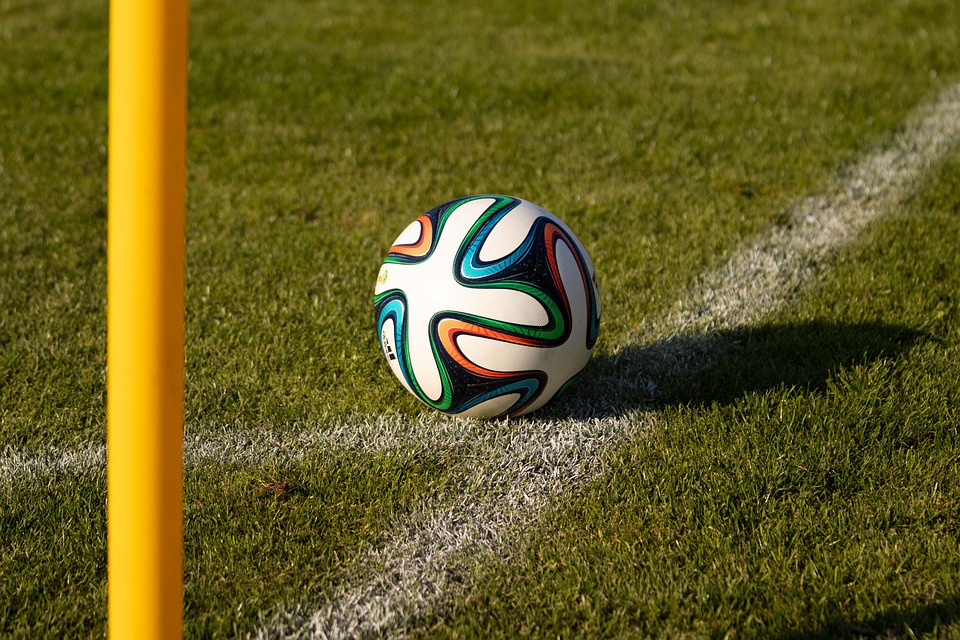Football, known as the beautiful game, has a unique way of uniting people across the globe. However, behind the glamour and excitement of World Cups and continental tournaments, the sport has been plagued by deep-seated corruption, particularly within its governing body, FIFA (Fédération Internationale de Football Association). This article delves into the corruption scandals that have marred FIFA’s reputation, the consequent reforms that have been proposed, and the ongoing battle for integrity in international football.
The Corruption Scandal: A Dark Chapter
The story of corruption within FIFA is not new. It culminated in a series of investigations that exploded into public view in 2015, exposing a vast network of bribery, racketeering, and fraud. High-ranking officials, including members of the FIFA Executive Committee, were arrested in a coordinated raid by U.S. federal agents, marking one of the most significant corruption busts in sports history.
Among the most shocking allegations were claims that over $150 million had been improperly paid to officials over a period of decades. Investigations revealed that FIFA officials had allegedly accepted bribes to award lucrative broadcasting and sponsorship deals, as well as votes for hosting rights for World Cups.
The fallout from these revelations was immense. Key figures, including former FIFA President Sepp Blatter, were implicated and faced legal consequences. Public outcry and widespread media coverage sparked a global conversation about integrity in sports governance.
The Call for Reform
In the wake of these scandals, there arose a palpable demand for reform within FIFA. Stakeholders from across the spectrum—including player associations, national football federations, and fans—called for sweeping changes to restore integrity and public confidence in the organization.
Several proposed reforms included:
-
Transparency Initiatives: Calls for increased transparency regarding financial transactions and decision-making processes have surged. There is a growing insistence that FIFA publish detailed financial reports to allow external stakeholders to scrutinize its operations.
-
Term Limits and Independent Review: Many have suggested the introduction of term limits for FIFA officials to prevent corruption from becoming entrenched. Additionally, establishing an independent ethics committee not beholden to FIFA’s leadership has been proposed to oversee investigations.
-
Whistleblower Protections: Encouraging individuals within FIFA to come forward with information about corrupt practices requires robust protections for whistleblowers. Strong legal frameworks should be established to safeguard individuals from retaliation.
- Decentralization of Power: A shift toward shared governance structures within national and continental football associations could mitigate the concentration of power that has fostered corruption.
FIFA’s Response
In response to the scandals, FIFA has made some strides, albeit gradual, toward reform. In 2016, FIFA introduced a new governance reform package that included measures aimed at enhancing transparency and accountability. These reforms, however, are widely regarded as insufficient by critics who argue that they lack depth and enforceability.
The election of Gianni Infantino as FIFA president in 2016 marked a new chapter. Promising to transform FIFA from its corrupted past, Infantino has advocated for a cleansing of governance practices and a renewed commitment to global football development. Yet, doubts remain regarding the effectiveness of these reforms, especially given the organization’s long history of corruption.
The Continuing Fight for Integrity
While progress has been made, the fight for integrity within FIFA is far from over. Corruption remains a systemic issue that requires continual vigilance and reform. Fans, players, and governing bodies must continue to advocate for transparency and accountability at every level.
Furthermore, the balance between commercial interests and ethical governance remains a contentious issue. As football becomes increasingly commercialized, the potential for corruption grows, with sponsorship and marketing deals often overshadowing the values of fair competition and sportsmanship.
Conclusion
Corruption and reform within FIFA is a complex and ongoing battle that has far-reaching implications for the sport globally. The scandals of the past serve as a stark reminder of the need for ethical governance and accountability. As fans, athletes, and advocates continue to push for change, the hope for a FIFA that embodies integrity and fairness remains alive. The journey toward a cleaner and more transparent FIFA is fraught with challenges, but it is essential for the future of football and the millions who cherish the game around the world.

